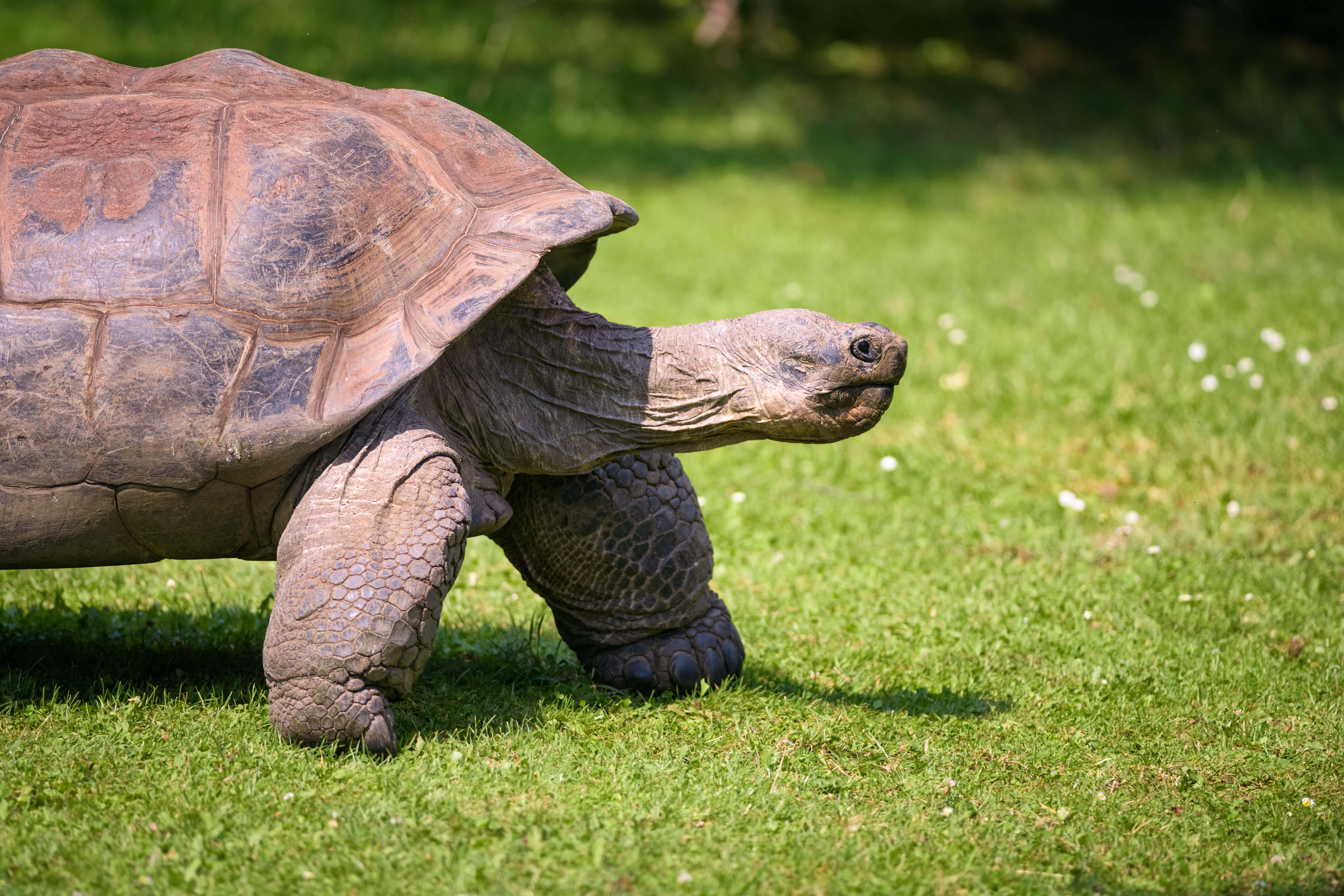Police interview man after seven giant tortoises found dead in woodland
A man in his 50s attended a voluntary police interview in connection with the find near Exeter.

A man has attended a police interview by officers who have been investigating after several giant tortoises were found dead in woodland.
On Thursday, Devon and Cornwall Police said inquiries are ongoing after a man, in his 50s from the Exeter area, came to a voluntary attendance police interview.
It was in relation to suspected offences under the Animal Welfare Act 2006.
It comes after the force said that seven dead tortoises were found in a wooded area to the north of Exeter.
Two of the tortoises were found on January 8, and another five were found nearby on Friday.
The force previously said they were thought to be Aldabra giant tortoises – classed as vulnerable by the International Union for Conservation of Nature.
On Thursday, the police said they have been working with the National Wildlife Crime Unit and the RSPCA on the investigation.
Post-mortem examinations are still to be carried out to establish the cause of death of the tortoises.
Inspector Mark Arthurs said: “We are grateful for the public support in response to our appeal and have been working through the information we have received.
“We have been working closely with specialists, including the RSPCA and our colleagues from the National Wildlife Crime Unit.
“Our inquiries are ongoing.”
Aldabra tortoises, together with their distantly related cousin, the Galapagos giant tortoise, are the largest species of tortoise in the world.
They can live for more than 150 years, with some having shells that reach more than a metre in length.
Bookmark popover
Removed from bookmarks